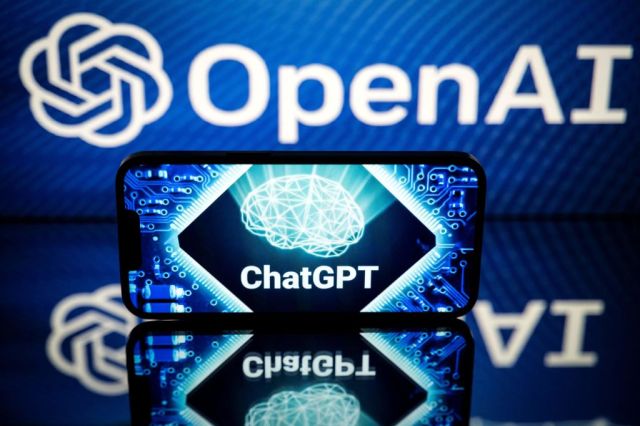Generative artificial intelligence (AI) represents a cost-effective and convenient method of academic dishonesty that is increasingly prevalent among students. A recent survey targeting 1,000 college-aged individuals revealed that over 89 percent acknowledged leveraging ChatGPT to fulfill homework requirements.
The accessibility of AI tools has empowered students to outsmart conventional “AI detectors” with the aid of online platforms like Reddit and YouTube, fostering communities dedicated to exploiting AI for academic gains while evading detection.
In response, educational institutions face the challenge of regulating the use of generative AI among students. Presently, school administrators often delegate the decision-making authority to instructors regarding the integration of AI tools in educational settings. However, a notable gap exists in educators’ understanding of AI technologies, hindering the establishment of comprehensive policies.
Rather than engaging in a futile technological arms race with students, educators are urged to redefine the concept of cheating, akin to the adaptations made during the introduction of calculators and smartphones. By delineating the delineation between human input and AI assistance required to accomplish academic tasks, educators can establish clear guidelines for students.
The evolution of societal norms and workforce demands will ultimately shape the acceptable use of AI beyond educational settings. To equip students with the necessary skills for the future, educators must strike a balance between prohibiting excessive AI reliance and fostering skill development essential for career success.
While some educators have resorted to traditional assessment methods like oral or written exams to deter AI misuse, such approaches are unsustainable and labor-intensive. Instead, instructors can redefine academic integrity by reevaluating the curriculum content deemed essential for teaching, prioritizing enduring skills such as critical thinking and collaboration.
Moreover, educators can monitor and acknowledge students’ AI utilization through effective platforms, enabling timely feedback and guidance throughout the research and writing processes. This proactive approach facilitates a transparent understanding of students’ engagement with AI tools, fostering responsible usage and skill development.
Embracing project-based learning further enhances the educational experience by emphasizing continuous feedback and evaluation of students’ progress. By assessing both the process and the final outcome, instructors can better evaluate students’ knowledge and competencies.
As the educational landscape adapts to the influx of generative AI, educators must remain open to innovative teaching methodologies that align with the evolving technological landscape. Striking a balance between academic integrity and technological advancement is crucial to preparing students for the demands of the contemporary workforce.
Wilson Tsu, the founder of PowerNotes in 2016, draws upon his background in digital research and legal studies from Northwestern University to address the challenges posed by generative AI. His diverse experience in law, business, and engineering underscores his insights into the intersection of technology and education.
Copyright 2024 Nexstar Media Inc. All rights reserved. This material may not be published, broadcast, rewritten, or redistributed.










